I’ve been meaning to write this post for some time, but held off to wait for The Lovely Estate to release a patch that would fix the walking issue. It’s fixed. This game is tremendous and you must give it a chance!
Talking about this game here was important to me because it captures everything that I love about atmospheric games. It has a MOOD.
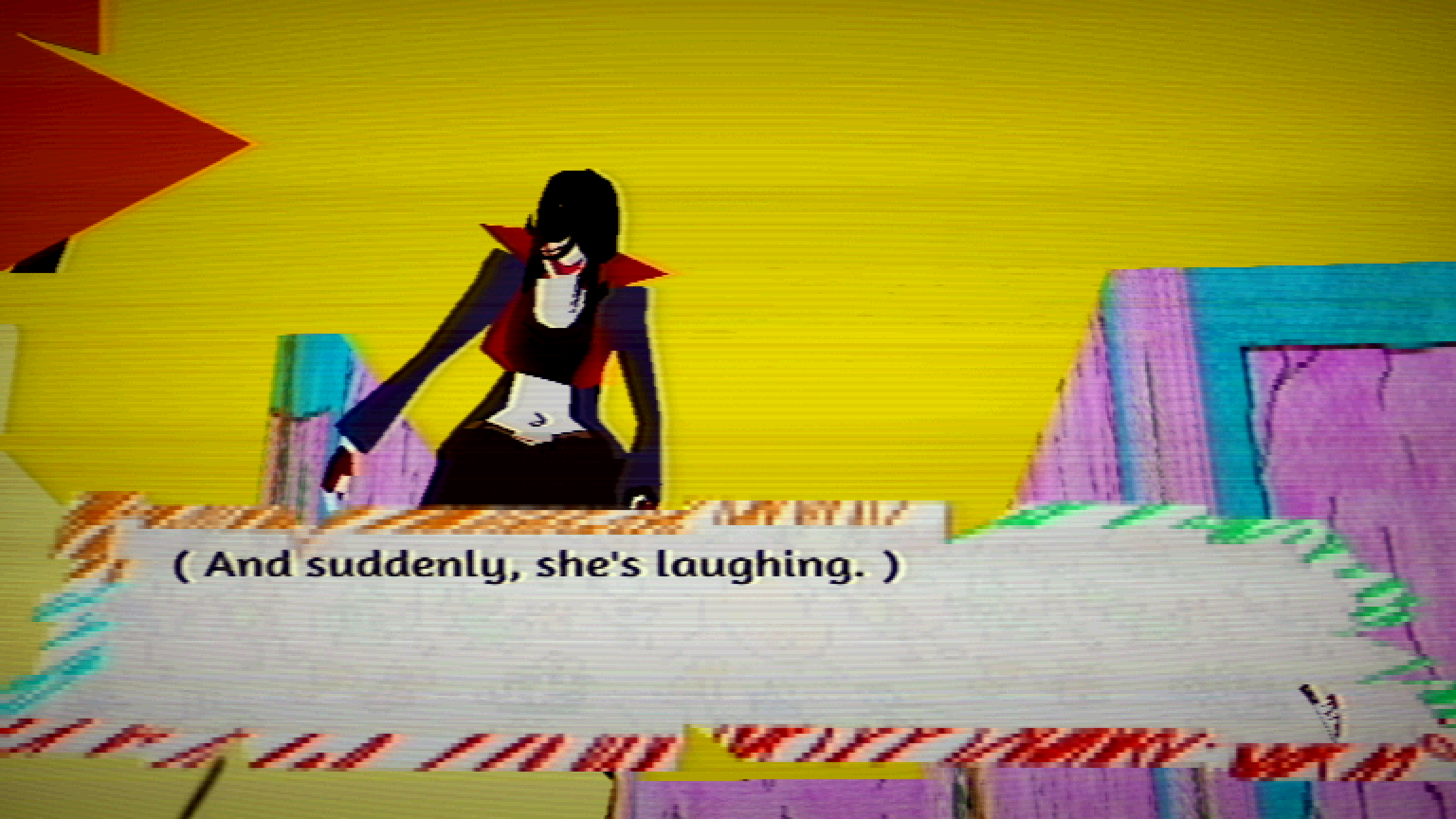
– The Lovely Estate
“You’re here to get someone. They’re here to breathe until they can’t anymore. Mind the fumes.
Explore the secrets within these stained walls and find something before it finds you.”
The Lovely Estate describes itself as a second-person analog comedy horror mystery. You play a stranger with an even stranger smile, walking about the corridors of what (at first impression) seems like a rundown hotel. You are looking for someone, why is not made clear at first… I love the pacing of the game because it doesn’t really explain anything to you. You rationalize what is happening as you go along this journey.
You talk to the people here, they are all strange characters, and slowly uncover the context surrounding what you are doing.
The opening is probably my favorite example of just dropping the player in the middle of something. The controls and initial unsettling mood is similar to titles like Alone In The Dark (1992). The first impression is clumsy. You wobble about, trying to know where forward is and where back is… Which sets the personality for the strange character that you are playing. I love the first impression, when you manage to walk up to the first person you talk to (which I’m assuming for most it will be the fearful manager behind the glass booth)… The game sets the tone of being strangely unsettling, and everything after that builds on this in interesting ways.
The mood of The Lovely Estate is what stands out the most. It feels wrong. It’s almost like it rejects the person playing it, like you yourself are one of its characters just for interacting with it. I think the relationship between you, how you interface with it, the writing, sound… and the mood it sets with all this is remarkably unique.
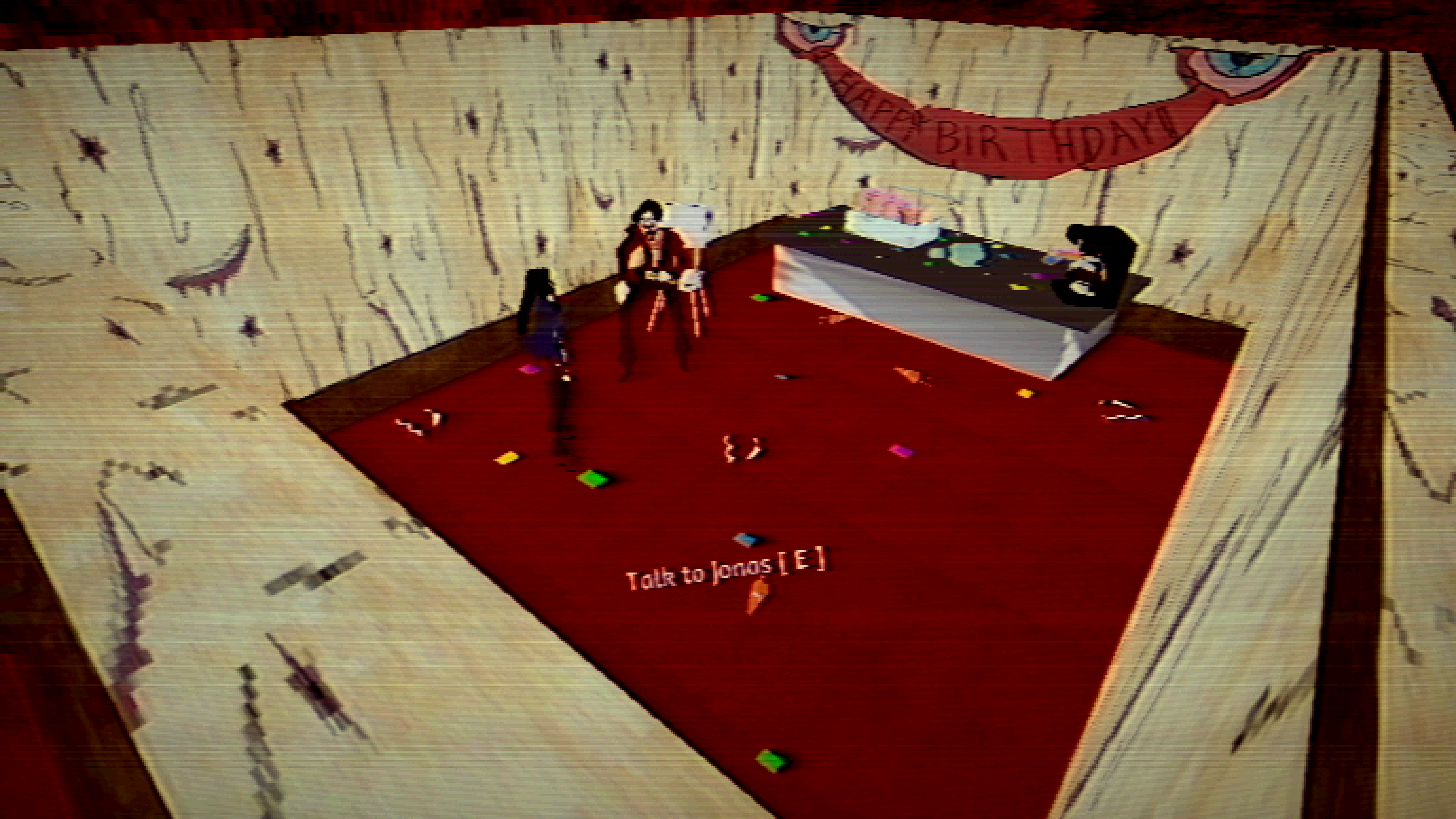
When I played The Lovely Estate when it first launched, there was a bug in the controls that prevented some players (me also) from being able to move forward. I hope this didn’t put off too many people from giving it a try.
The concern of having a perfect launch, coupled with all the numbers being just right, and it being talked about for an appropriate amount of time after launch (all the marketing), is a big factor that I think holds games back… Just give the people making them some space, sheesh.
Like, even with these art-games, we pile on all the expectations of a perfect consumer product… neatly wrapped with a bow on top.
It bothers me that, when an indie game has been out for long enough, and it’s “too small”, it’s almost not cool to talk about it anymore (when the allotted time to be excited about it has elapsed). There’s this unspoken rule of viewing it as “passe”. It has to be a hit for it to be cool enough to keep bringing it up.
It’s a mentality I hope we challenge… there’s this beautiful type of relationship between yourself and games that forms when you view them as something you discover for yourself. When you find these things, outside of Lets Plays or critical acclaim drummed up by games media. You set out to discover these tiny hidden gems. In context of doing so, it becomes harder and harder to view any game as “good” or “bad”.
There are these absolute bizarre finds like Ride Wife, Life Good an impossible platformer that exists almost as something to humor anyone that finds it… Or weird remnants like Room 329… all part of the sea of forgotten prototypes, lost digital constructions, put up on itch.io and you have no idea what it was ever supposed to be… that become part of the journey of forming your understanding of games. Engaging in games this way gives you an entirely new perspective on the medium. Games are weird, wrong, strange reflections on IRL, clumsily sewn together in whatever game engine was chosen. Do they ever really make sense? What is Mario doing and what’s the point to ANY of this?
Isn’t that weird disconnect why we love games tho?
Surrealism is their default state. Anything beyond that takes a lot of work to rationalize with design, narrative, so much audio work… to excuse why a player is even expected to exist in a game.
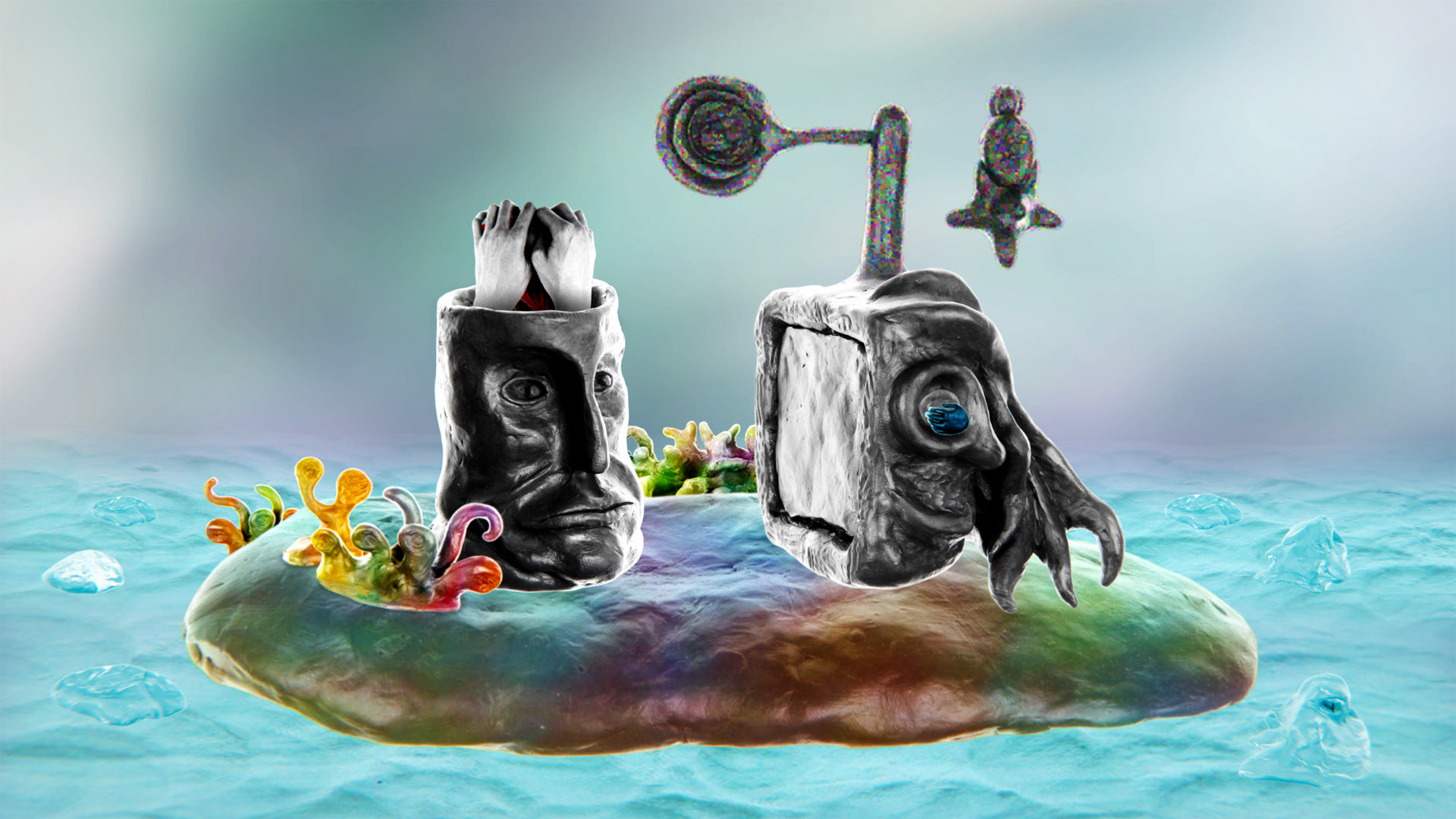
– Wurroom
“Everything you see in Wurroom is handmade; the claymated universe brought to live by stop-frame animation.
The music is the gluing force and the true master of this extraordinary world. Once you close your eyes, the world becomes you.
But beware of the truth… you don’t play the game. The game plays you to learn about its very existence.”
This week the announcement went out that “Everything is going to be OK” made it into the collection at MoMA. I guess this post is partly a retrospective on that journey… celebrating what makes games special, and the games that keep this medium special.
hey y’all your girl made it!! ??????
i am honored to finally announce that “Everything is going to be OK” was accepted into the permanent collection at MoMA!!
the exhibit will be this September. more info in reply… pic.twitter.com/1lOfokc07z— Nathalie Lawhead (@alienmelon) May 9, 2022
I’ve been reflecting lately on my years of being at this, making the type of work that I make… and also how elated I feel that we seem to have transcended purpose in games. By that I mean it’s validating to see what we once considered “unusual games” being accepted as normal. The medium is so much more than pandering to its own notion of what a player is.

– “Everything is going to be OK”
“”Everything is going to be OK” is a desktop labyrinth of vignettes, poetry, strange fever dream games, and broken digital spaces. It is a collection of life experiences that are largely a commentary on struggle, survival, and coping with the aftermath of surviving bad things.”
These last few days I’ve been looking back at some of the social media dogpiles I experienced when working on “Everything is going to be OK”… For a while it felt like whenever I would open my mouth and share what I thought was a mild opinion about what games can be I would get harassed to heaven and back.
For example, I published this post describing my experience showcasing “Everything is going to be OK” at Day Of The Devs. It made its rounds and started some interesting curation related discussions.
Then VentureBeat asked if they could republish it. I agreed because I wanted to bring awareness to what I thought was an issue with how we treat this work. It was cross-published with an appropriately clickbait headline (can’t avoid those)…
YouTube culture is turning kids against art games https://t.co/OV9axqFCnQ by @alienmelon
— VentureBeat (@VentureBeat) November 22, 2017
And boy, did it start some shit. The comments pretty much illustrated the purpose of my post…
Or… I would put out what I viewed as an innocuous thread talking about how “games don’t have to be fun” to justify the work I was doing… and I leave this here for the comments…
If games are art then we have to embrace the idea that they don't have to be fun. Art is not always fun. It covers a wide spectrum of emotions, and concepts. 1/6
— Nathalie Lawhead (@alienmelon) November 26, 2017
A lot has changed since. Fortunately, or unfortunately, some of the people that even dogpiled on me during this time are now fans of such work.
On another note…
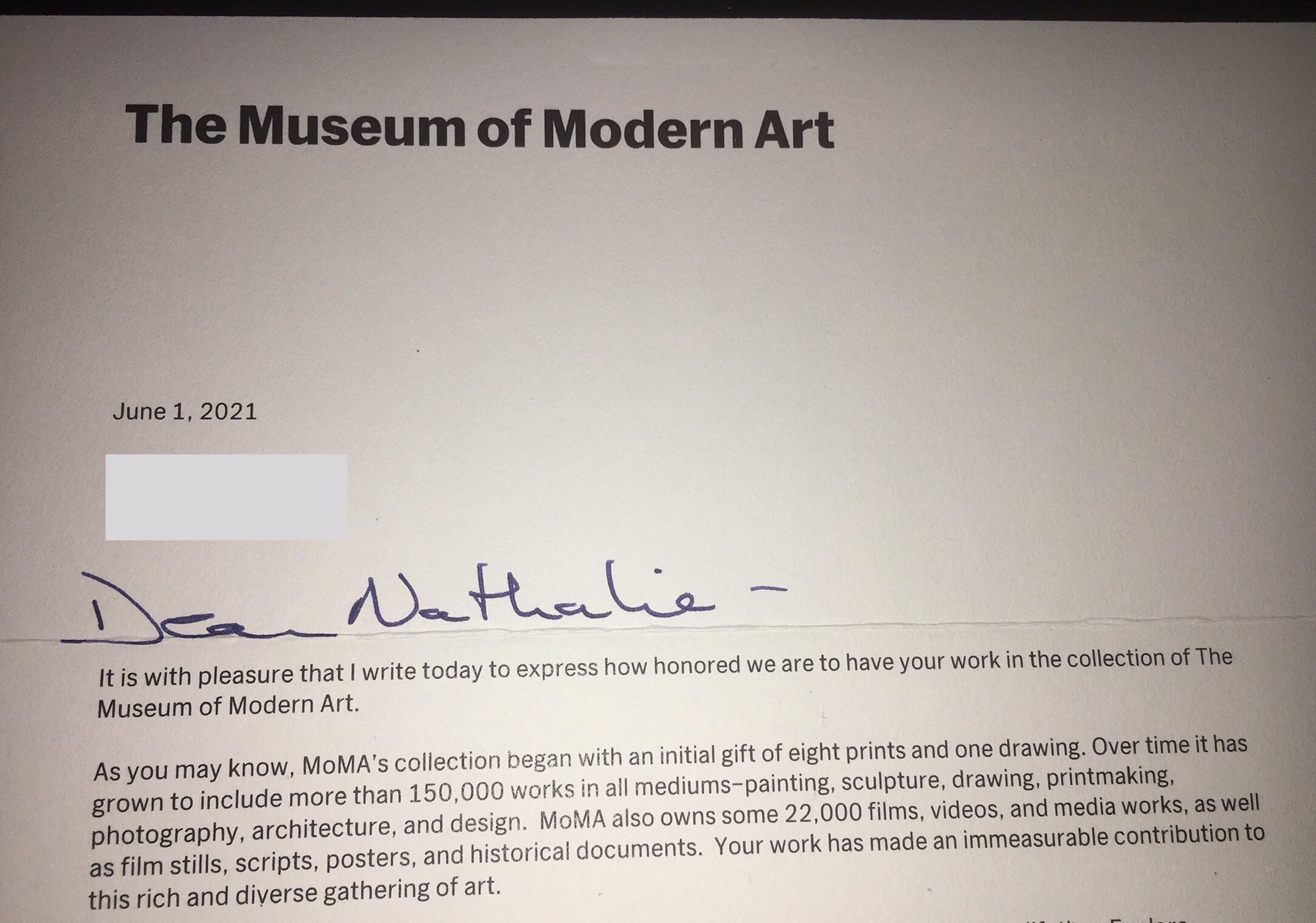
It is amazing to me how much this space has changed these past few years. “Everything is going to be OK” is a game that is exclusively available on itch.io. It is not on any major storefront. It has not gotten any support. It was made by just one person (me). It was an uphill battle, in every possible way. I was told more often that it would fail (whatever that may mean in terms of an “art-game”), than I was told that it would amount to anything… Despite all this it still reached people. It still made a difference to so many people. “Everything is going to be OK” made it as far as it did because there is this defiant counterculture in games, working toward something better, that made this possible.
We have established value for this type of work, and it’s not going anywhere this time around.
– Utopias: Navigating Without Coordinates
“Utopias: Navigating Without Coordinates is a videogame network of nine worlds – each one a personal utopia developed by a member of AAA collective.
Is a collective utopia possible?”
In different ways, we’ve been here before tho. This isn’t necessarily new, but it feels much more permanent than all the other renditions of this.
Flash games were a massive part of internet and eventually game culture. The term “casual gamer” came out of that. I remember building my first thing that ended up being called “game”, weathering the bad baggage that came with the term, while being equally inspired by what places like JayIsGames would curate. I remember playing Fly Guy, absolutely enamored by the fact that it was this beautiful piece of media, that played like a game, but had no real point to it other than just the journey. It was validating. The path from beginning to end was what made it special. It had no goals, no strict agenda, not clear point… There were many games like this, and I’m glad to say that they were appreciated (albeit often misunderstood) for what they were.
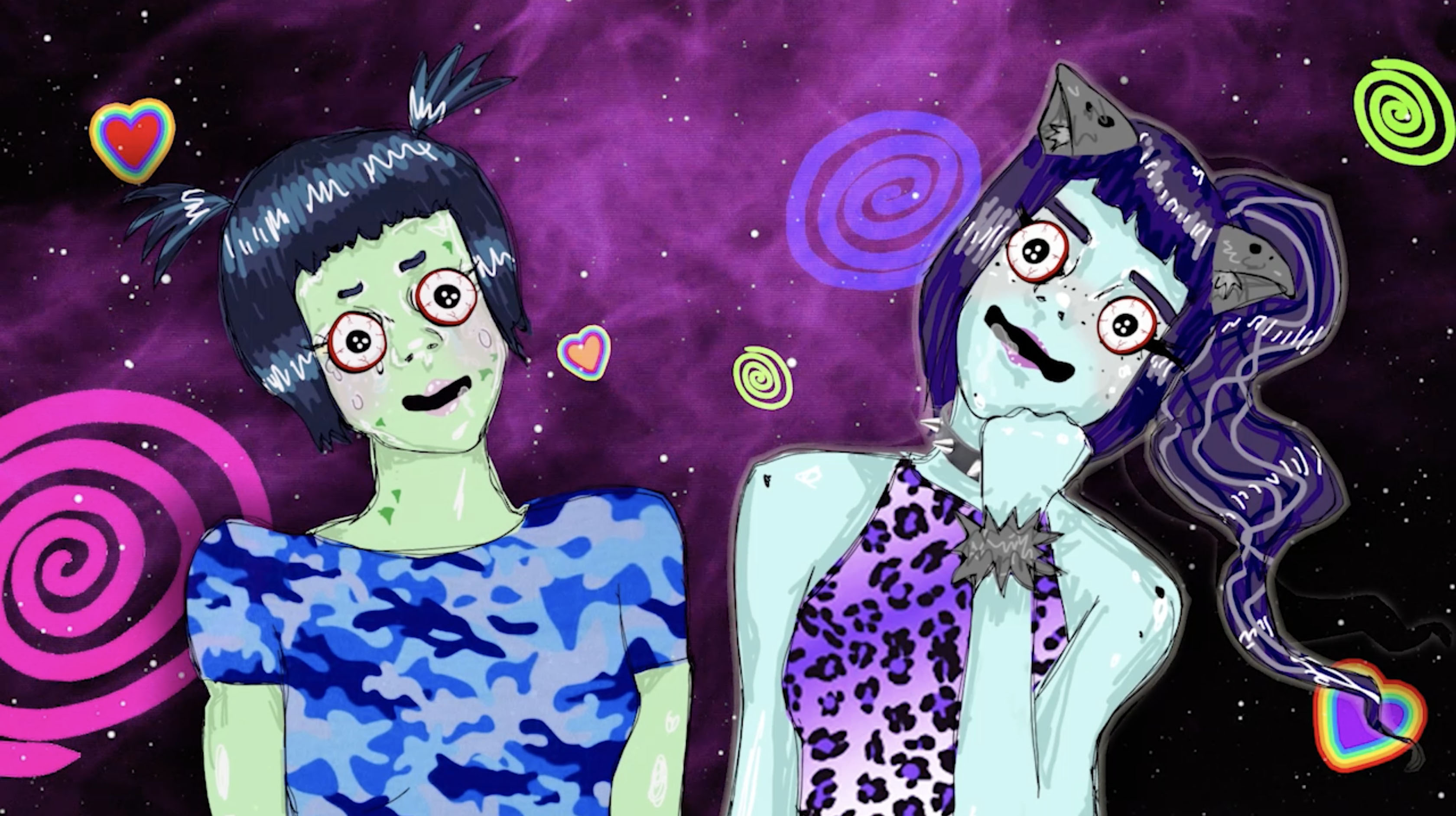
– Nightmare Temptation Academy
“Nightmare Temptation Academy is a dating-simulation/choose your own adventure/roleplaying game and rap musical. The game is set in high school in an alternate universe at the end of the world.”
My point here is that games don’t have to make sense. The journey through them is enough. Maybe we can finally embrace the feverdream.
It has been a long time since I heard the joke “What the fuck is this game? Drugs??” directed at my work. Maybe it’s the pandemic and because I stopped being around people entirely… but I feel like maybe (more likely) the weirdo’s have won and we don’t need an answer for “what the fuck” this is anymore. It’s enough to just enjoy the trip.
Maybe… have games finally entered their own type of post-modernism? Are we there yet? Not just rejecting design theories, but also rejecting the player?
Yes? Are we finally free!?
Either way… The Flash version of Fly Guy is long gone. You can play the emulation here. If it weren’t for initiatives like Ruffle, I imagine a world where, outside of a lets play, and traces of old articles talking about it… nothing would remain of it. You might get lucky and find a few tiny screenshots from an internet era that required very compressed images. But such things become a scrambled memory. A ghost, like so many early art-games. I’m glad that it was made in Actionscript 2.0 and not 3.0 otherwise this paragraph would be much more defeatist.
Conversations of preservation didn’t really exist back then. We thought we would be forever because that’s the dream of the internet that was promised us.
I’ve remembered Fly Guy a number of ways over the years. I thought it was completely lost until I just today found the emulated version… Variations of my memory of Fly Guy merged and morphed into different strange shadows of the game I originally played. At one point I tried to recreate it from memory, as a nod to it, and it turned into one of the strange pages that is in “Everything is going to be OK”…
There’s never any real concrete way to remember a (supposedly) lost game… even if you spent so much time in it. It all dissolves into some strange feverdream, because games in themselves are strange reflections on being.
– The Life of Saint Fiona Bianco Xena
“You hear distant whispers, entangled with the melted beats of early Molluscwave. They tell the story of many wounds and many adventures : flesh consumed by a rare blue speckled gutter slug, bioplastic mixed with piss under the light of a half moon, crystal eyes winking provocatively at the face of God, children saved and revolutions lost.
You want to know more. “
Present day indie games grew out of something different. The echoes of the Casual Game movement wanting to be viewed as “serious not casual”. Conversations surrounding legitimizing work from smaller creators are just as intertwined with those about preservation.
This is why I think things feel more permanent this time around.
We’ve lost enough where we see value in keeping what we have now… We’re ready to build an actual history.
I link to this “Are video games art?” talk because it’s a good illustration…
Just the fact that we think games are valuable enough to preserve seems huge to me when, for so long, they were viewed kind of like a “vanity medium”. Not serious. Playing, making them, or caring about them, was viewed as a silly hobby insulated by the hyper competitive culture that is “gaming”.
And also… I acknowledge how old and tired of a conversation “are games art” is because it’s been reduced to a dead horse that people keep kicking on Twitter, but it continues to be a relevant evolving discussion.
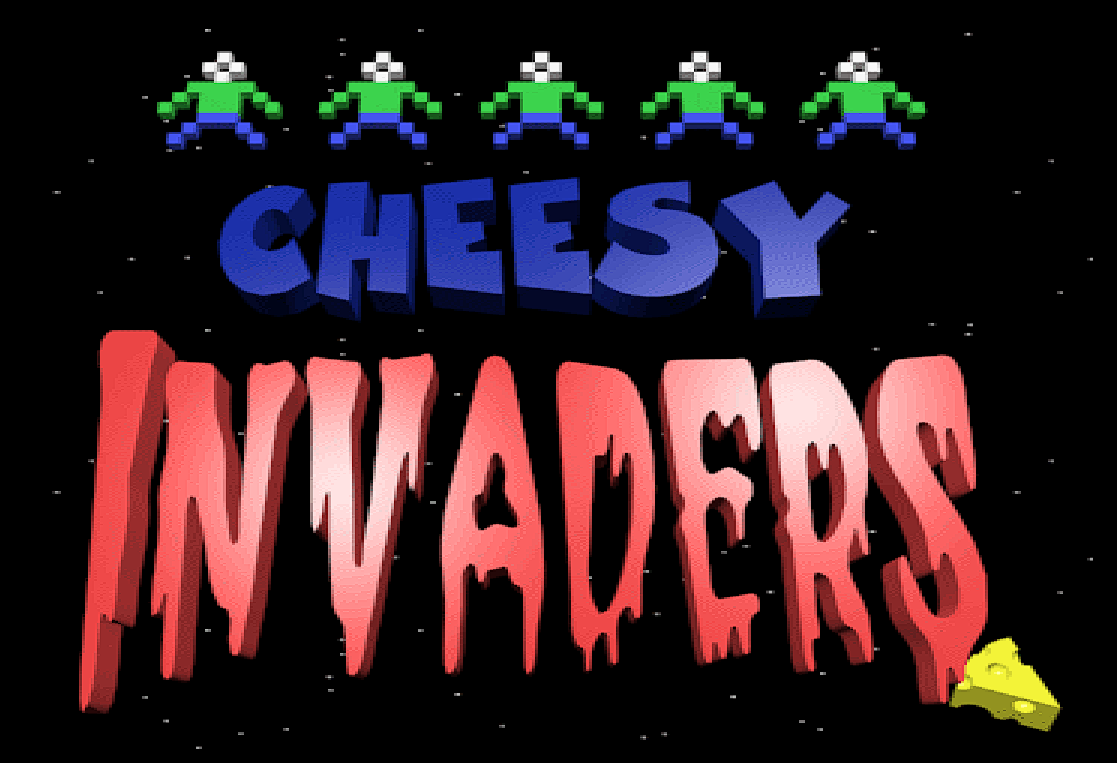
– Cheesy Invaders
“Cheesy Invaders is your typical outer space shoot ’em up with a twist of lime. All that you need to do is aim your ship using the mouse at what you want to hit and press the lift button. That’s all there is too it. Just aim and fire. Aim and fire. Aim and fire. There you got it. Aim and fire.”
When we talk about that shift to seeing games as “more”, it’s easy to forget how often we’ve already been at this same point… Weird experimental games have always been made. We’ve always had the intentionally weird.
It is something to acknowledge… How often I’ve played DOS games that were experimental or artistic, early misunderstood PC games that did something different, Flash games that we celebrated as art, and now what we have today…
The thing that was left over, from all these movements and efforts to explore something else in our interactive digital media, is the transience of it all…
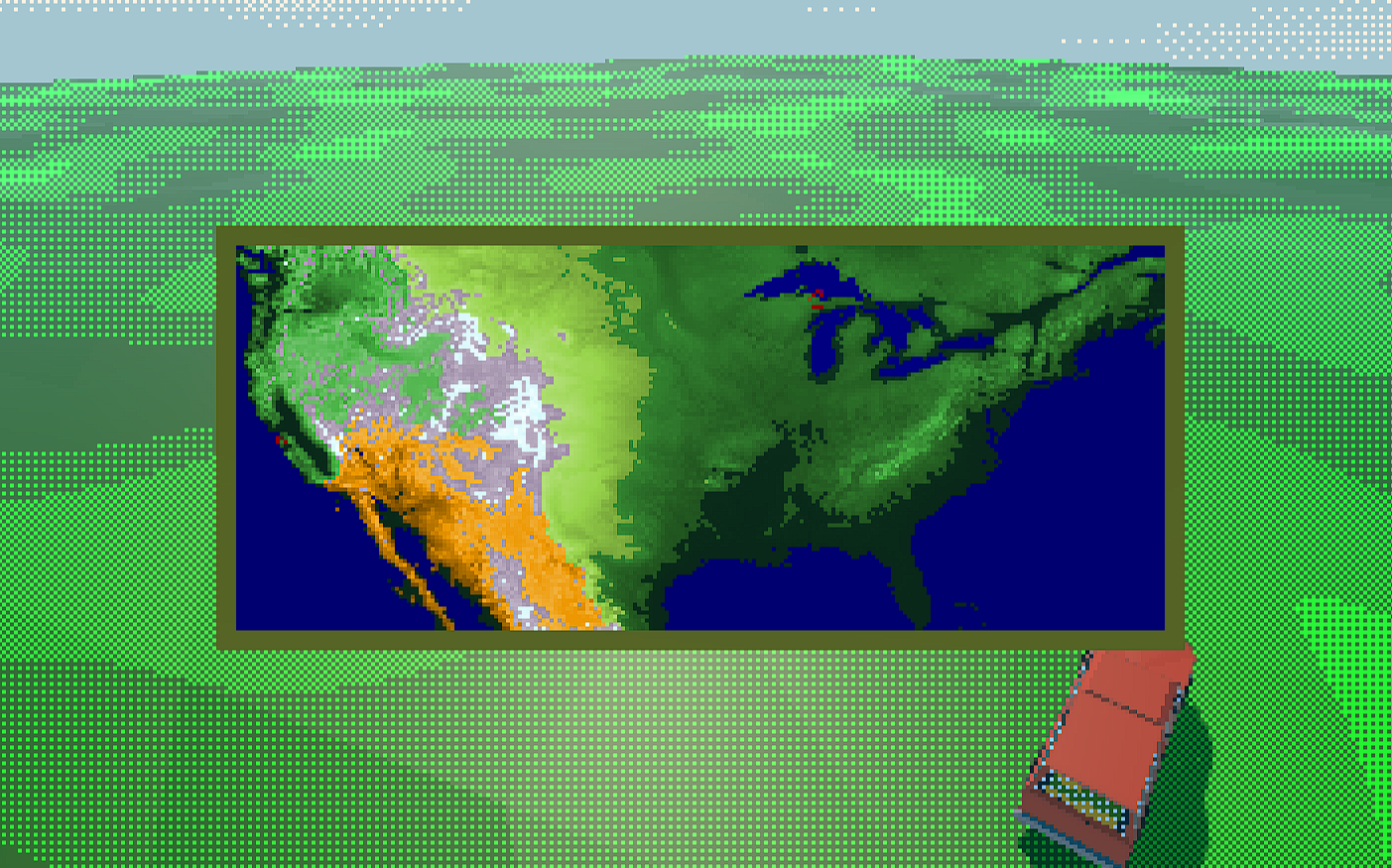
– Long Haul
“a game where you can drive anywhere in the continental US”
To me, it’s not about the perfection of driving a player to a goal, the craft of designing a challenge, but the memory of a journey… The spaces a player is in. This seems to have evolved more than any other design aspect.
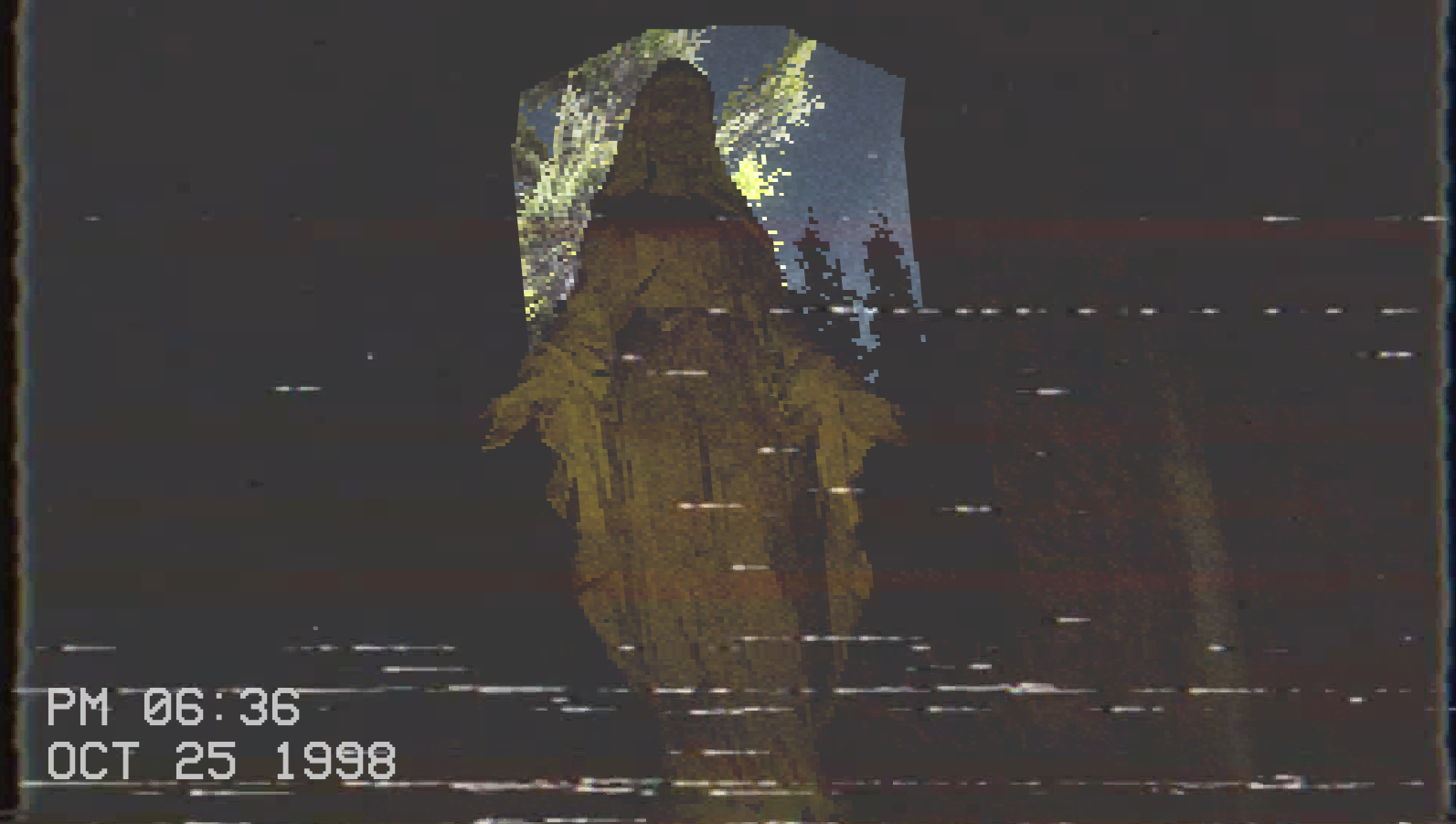
– Our Lady Of Sorrow
“An unmarked tape discovered in the archives of an abandoned church containing strange footage was recently discovered.
The tape was deemed extremely dangerous by the Catholic Church and was hidden away.”
The “atmospheric horror” genre is something that I view very unique to games. It’s grown to be this iconic thing on itch.io.
In no other entertainment medium can I imagine the lack of a goal being the purpose, or the lack of a clear story and agenda being the point… all working for itself in such a popular way as in games.
By that I mean, I can’t imagine a horror movie where characters are just walking around, looking at walls, or textures, enjoying the mood of a space, without the monster or agenda which rationalizes them being there. Games give us a space where we can reject purpose. It even makes sense in so many cases.
– SOAP SOUP
“SOAP SOUP is a mod for SOUP 0.91, an obscure Japanese minimalist art-game from 2007 where you walk around a series of small abstract rooms and generally soak in the atmosphere.”
The relationship between the player and how the player exists in a space is enough… especially if you take into consideration how easily games lend themselves to surrealism. I’m glad that we are at a point where these spaces can be the reward in themselves. What a digital piece of media is has evolved from a lot of different use-cases, user interface design theory, user experience philosophies, demands, understanding or misunderstanding of what a user interface is or isn’t… I think the way games often fit into all that makes them fascinating. It’s like we’ve taken this virtual fantasy space that the desktop already is, and keep applying these bizarre layers over it. The desire to make our dream worlds real (games) in these digital landscapes (like the desktop) is what makes games so fundamentally fascinating.
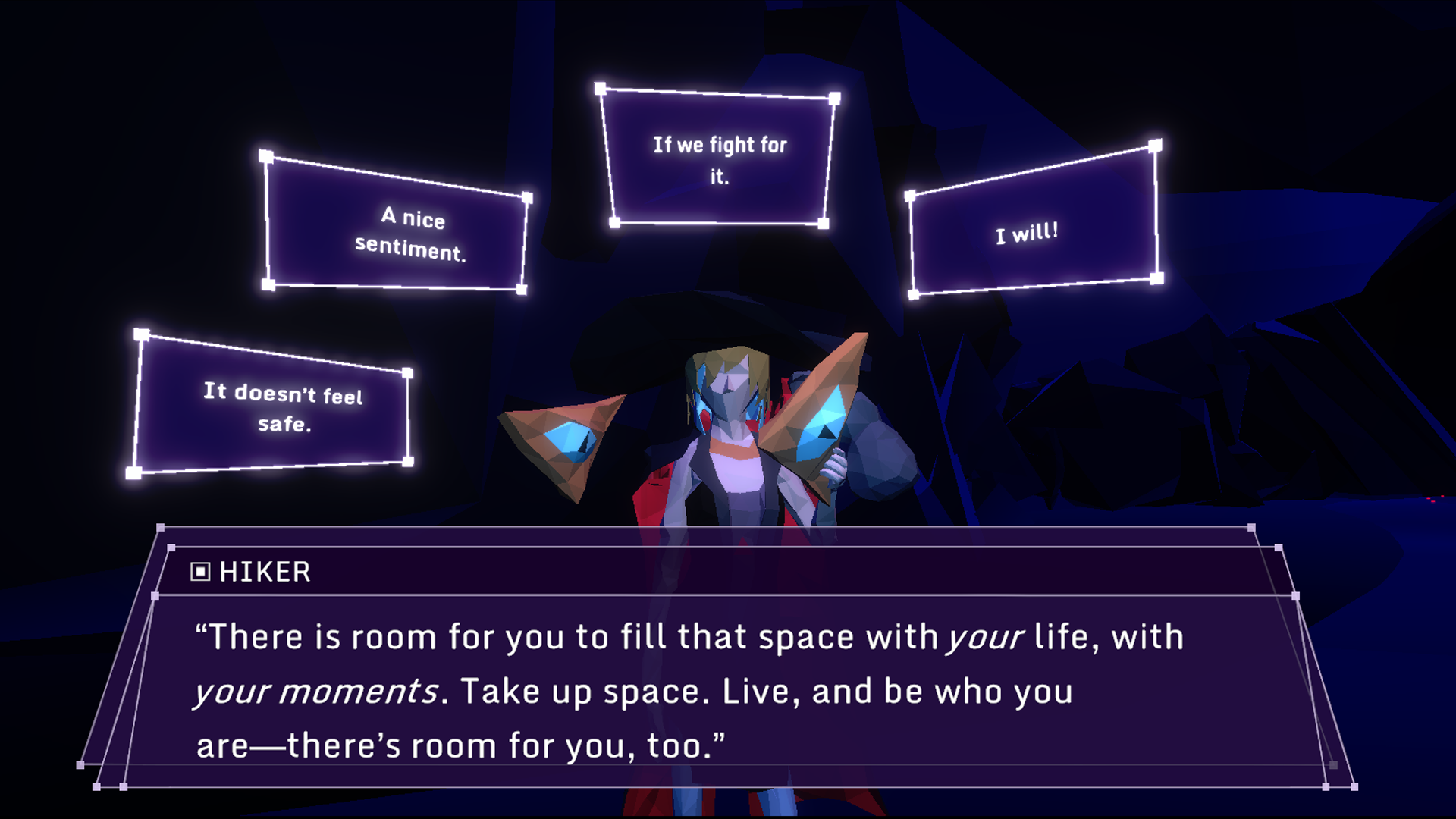
– Glitchhikers: The Spaces Between
“What do you see up there, when you consider the infinity around us? And as you wander on your own journey, who are the strange, unworldly others who probe those questions as they pass like ghosts through your travels? Were they ever really real?”
All games are liminal feverdreams. On our journey from one generation console to the other, one technological shift to the next… from 32 bit, to 64 bit, to losing access to older work that will no longer run because of changes in operating systems or technical priorities… the one obscure game that defined your childhood will inevitably be lost, something else drawing inspiration from it taking its place… In a way, this virtual landscape is our collective dream. We can’t preserve it forever. Not just yet. So we will keep losing it, and rediscovering versions of it.
The impermanence of it all is reflected in our own work, or how we appreciate the things made in it.
Seeing people appreciate a game like Glitchhikers: The Spaces Between seems like it’s own historic accomplishment. An art-game that is a recreation of an older art-game cult classic, finding new life again in today’s context. The original Glitchhikers made its waves in an earlier era of our indiegame space, when such games were still considered a controversy just for existing. Now, looking back at it, it’s just a beautiful moody experimental game. It took us time to learn how to understand or appreciate it because it expected the player to slow down.
I’m glad that Silverstring Media stuck with it to make The Spaces Between because it’s such a beautiful snapshot of this journey through games.
Glitchhickers is about existing in liminal spaces. Journeying from one undefined point to the next, but also the dreamy encounters with others. It’s calm, dark, moody… It’s a glitchy conversation machine.
What I think is fascinating about Glitchhickers is that some players call it “horror”. There is nothing scary or horrible about it, but it distills what existing in a video game space is all about. Just the act of putting a player in an unknown space makes it frightening. The strangeness of being in an unfamiliar space is scary. It’s the horror of uncertainty.
No game can escape the surrealist mood that always hovers over it. Even comedy games can have this menacing mood that looms. Every video game takes place in an unknown space that expects the player to travel through it.
Maybe that’s always been enough.

– No Signal
“No plot per se, but there is a theme”